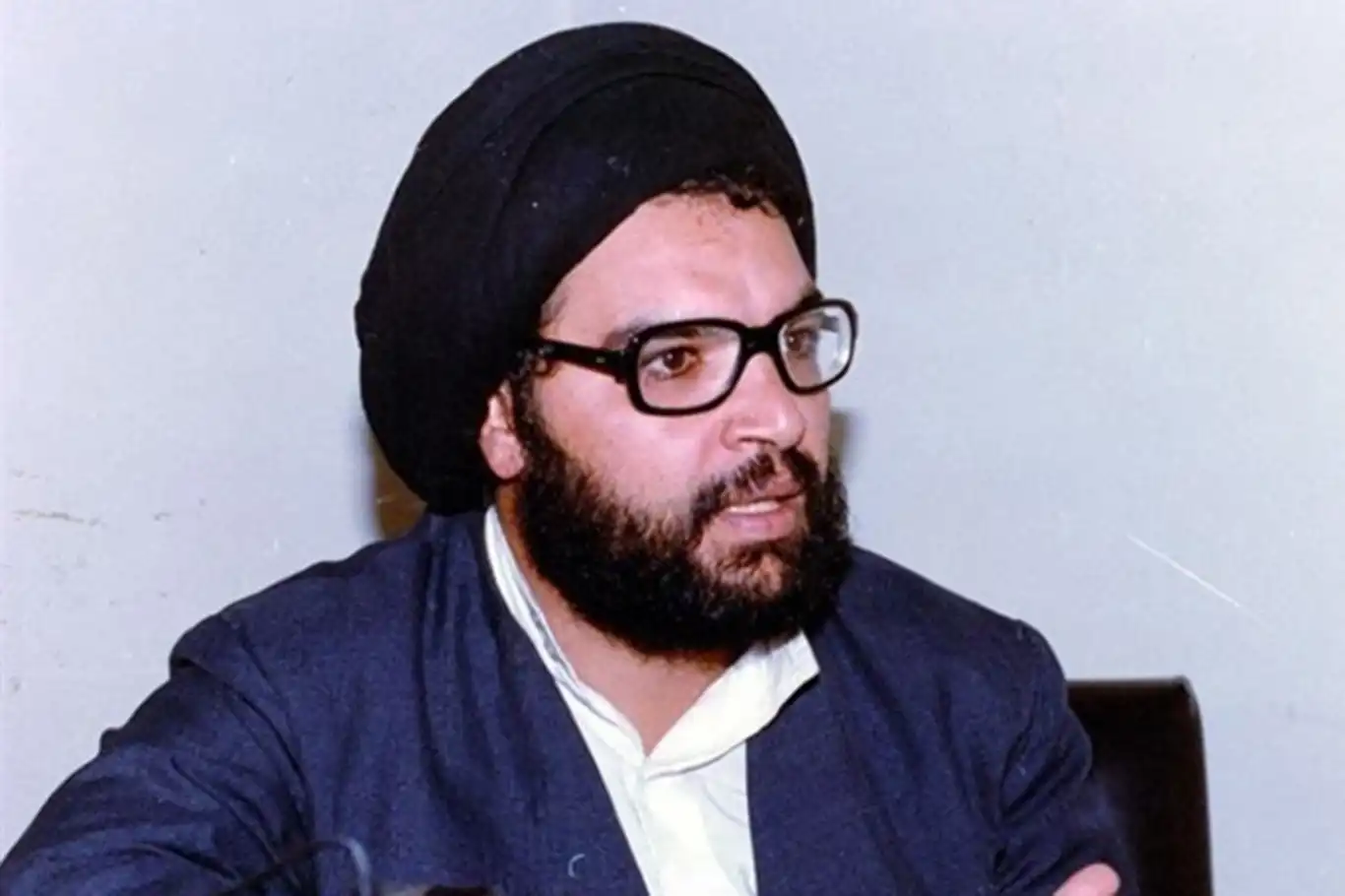Sayyed Abbas Al-Moussawi: A visionary leader who shaped Hezbollah’s future


Lebanese Resistance leader Sayyed Abbas Al-Moussawi, who tragically lost his life in an Israeli assassination 33 years ago, remains a defining figure in the history of Hezbollah.
His leadership not only shaped the organization's strategic and ideological foundations but also solidified his legacy as a beloved and courageous figure committed to both the resistance and his people.
On February 16, 1992, while commemorating the eighth anniversary of Sheikh Ragheb Harb’s martyrdom in Jibsheet, Sayyed Abbas was killed in an Israeli airstrike in Tefahta town, along with his wife, son Hussein, and four others. His untimely death marked a profound loss for the Lebanese Resistance.
Sayyed Abbas’s vision for Hezbollah was heavily inspired by the anti-Zionist ideology of Sheikh Ragheb Harb, a key martyr in the resistance movement. Harb's sacrifices helped lay the groundwork for Hezbollah's emergence, and his memory fueled Al-Moussawi’s relentless fight against Israeli occupation.
In 1986, Hezbollah commemorated Harb’s martyrdom with a successful operation, personally supervised by Sayyed Abbas, which captured two Israeli soldiers. Despite facing intense Israeli military pressure, Sayyed Abbas saw these challenges as signs of victory for the resistance.
Sayyed Abbas was known for his humility and deep love for his comrades. Despite being offered the role of Secretary General, he preferred to remain on the frontlines, fighting alongside Hezbollah’s resistance fighters. His devotion was demonstrated in a personal account where he refused to leave a town under siege by Israeli forces until his close associate, Sayyed Hassan Nasrallah, persuaded him to relocate for safety.
His family life reflected the same commitment. Sayyed Abbas was dedicated to raising his children to understand their responsibility within the resistance, ensuring they were not treated with privilege but instead as part of the broader struggle.
While hesitant to take on the role of Hezbollah’s Secretary General, Sayyed Abbas ultimately accepted the responsibility in 1991. His leadership was marked by significant political outreach and internal cohesion. His reign bridged divides within Lebanon and solidified Hezbollah’s place as a powerful political and military force.
He remained accessible to the people, meeting with them regularly and addressing their concerns. His leadership was rooted in service, exemplified by his personal sacrifices, such as selling his car to help a person in need of medical assistance.
Sayyed Abbas consistently expressed a deep reverence for martyrdom, seeking to honor the sacrifices of those who gave their lives in the resistance. He was known for his prayerful desire for an “unprecedented martyrdom,” which tragically came to pass in 1992. His passing left a void in Hezbollah, but also served to reinforce the movement’s resolve.
In his funeral, Hezbollah Secretary General Sayyed Hassan Nasrallah reaffirmed that the resistance would persist, no matter the cost, proclaiming, “The bright future is for the Islamic resistance.” His legacy continues to inspire the movement, with Nasrallah stating, “The defeat era has gone, and it’s the time of victories.”
Sayyed Abbas Al-Moussawi’s vision and sacrifices have forever shaped the course of Hezbollah and the resistance in Lebanon, and his memory continues to guide the movement as it marches toward victory. (ILKHA)
LEGAL WARNING: All rights of the published news, photos and videos are reserved by İlke Haber Ajansı Basın Yayın San. Trade A.Ş. Under no circumstances can all or part of the news, photos and videos be used without a written contract or subscription.
The United States on Friday launched extensive air and artillery strikes against ISIS positions across central Syria as part of what it described as a major retaliatory operation following a deadly attack on US forces near Palmyra.
At least five Palestinians were killed on Friday when Israeli shelling struck a school-turned-shelter in eastern Gaza City, according to Gaza’s Civil Defence, transforming what had been a wedding celebration for displaced residents into a scene of devastation and bloodshed.
Greek authorities rescued more than 540 migrants from an overcrowded fishing boat south of Crete on Friday, highlighting a sharp and dangerous rise in arrivals from Libya to Greece’s remote southern islands.
The World Food Programme (WFP) has warned that global food insecurity will remain at alarmingly high levels in 2026, with conflict, climate shocks and economic pressures pushing hundreds of millions of people deeper into hunger, according to its 2026 Global Outlook report.